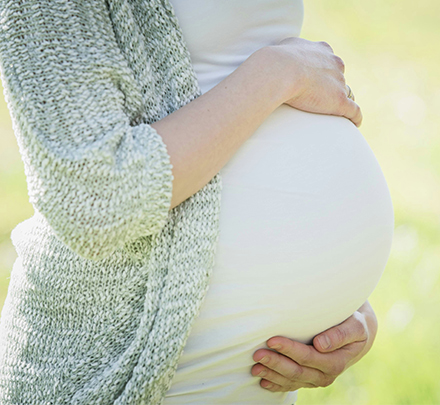The Islamic countries that regulate the “kafala” contemplate that it is constituted either by judicial decision or by notarial agreement between the parties. Only judicially constituted kafalas can be recognised in Spain in which there is a declaration of abandonment of the minor, by means of an entry in the Civil Registry or by means of a judicial exequatur procedure.
Moreover, as Spain and Morocco are parties to the 1996 Hague Convention on the Protection of Minors, in order to bring the child from Morocco to Spain, a joint report has to be issued by the Moroccan and Spanish Central Authorities approving the “kafala” and allowing the foster carers to transfer the child’s residence from Morocco to Spain.
The website of the Spanish Ministry of Foreign Affairs indicates that in the event that the “kafala” is not processed following this procedure, it will be impossible to grant a visa to the minor, so that he/she will not be able to travel to Spain, and this is independent of the Spanish or Moroccan nationality of the foster parents.





